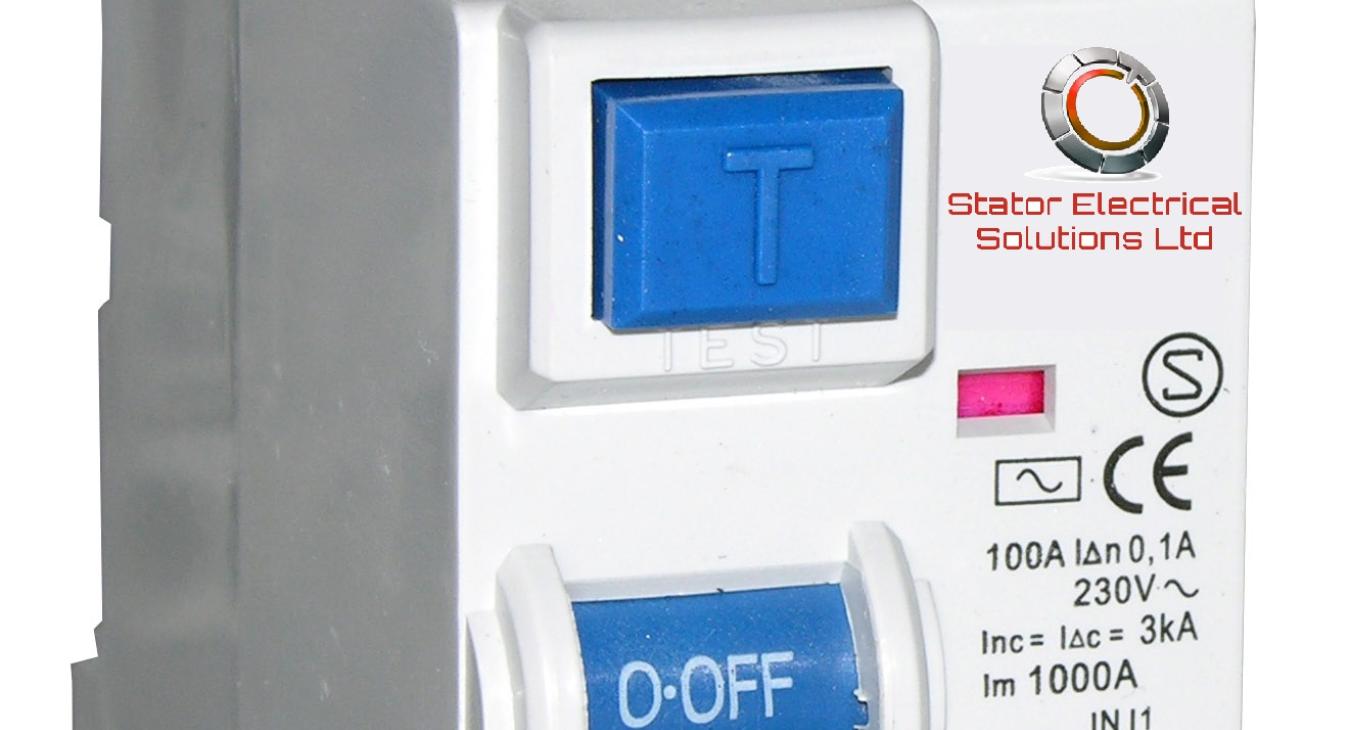
RCD device
Many of the blogs that I have written in the past mention how important it is to have an RCD fitted in your home. Although I've explained the importance of having one, I've never actually explained what an RCD does and how it protects the household.
What is an RCD?
An RCD stands for Residual Current Device. It is an essential safety device that automatically cuts off the electricity if there is a problem. This might sound pretty boring and bog standard, and you might even wonder what the point of having one is.
An RCD is a quick mover. It detects a problem before you even realise there is one and cuts the power in less than a split second. As an example, if you were mowing your lawn with an electric mower and you accidentally cut through the wire, the RCD would activate and save your life. If you went out and left your washing machine running and it developed a fault, the RCD could save your home from burning to the ground.
The West Midlands Fire Service attend many call outs which are due to electrical faults. In 2009/10 39% of total calls were due to electrical faults, this includes electrical supply and wiring and appliances such as toasters, washing machines and kettles.
The benefits of an RCD
Many home owners in Nottingham, Mansfield and Chesterfield ask me what the point is in an RCD, especially when fuses and circuit breakers also cut the power if a problem develops. The fact is an RCD is far more sensitive and will definitely activate in the event of a problem. A Fuse or circuit breaker is not guaranteed to react fast enough and it might be too late.
A fixed RCD device has been fitted to virtually all circuits in new or rewired houses since July 2008. If you have one fitted that is great, if you haven't it is highly recommended that you do so in order to stay electrically safe in your home.
If you have one, it is important that you test them regularly. They are 97% effective, but in the same vain as you test your fire alarm weekly it is worth getting into the habit of testing your RCD every 3 months. The effectiveness does of course improve if you test it. Simply hold the test button for a few seconds and the electricity supply that the RCD is supplying should cut out. If it does not, then you will need to seek advice from a qualified, registered electrician in nottingham.
Types of RCD protection available
There are also two other types of RCD devices that are found within homes.
-
RCD Sockets
-
Portable RCD's.
Both of these should be tested each time they are used. RCD sockets replace standard sockets and provide RCD protection for anyone using electrical equipment plugged into those sockets.
A Portable RCD is plugged into a conventional socket and this then provides RCD protection to the person who plugs their electrical equipment into the socket. The advantage to these is that they can be moved around and used for riskier jobs such as lawn mowing or on higher power appliances such as kettles.
Remember RCD sockets and portable RCD only provide protection to the person using the appliances plugged into them, it does not protect the whole household. However, I always say some RCD protection is better than none at all. I always recommend to my customers around Nottingham that if they do not have the budget to install fixed RCD protection in their home to at least buy a few portable RCD's to use around their home, particularly for appliances being used in the garden or indeed anywhere outside.
An RCD is there to prevent death or serious injury please do use them however you can.
- Log in to post comments








